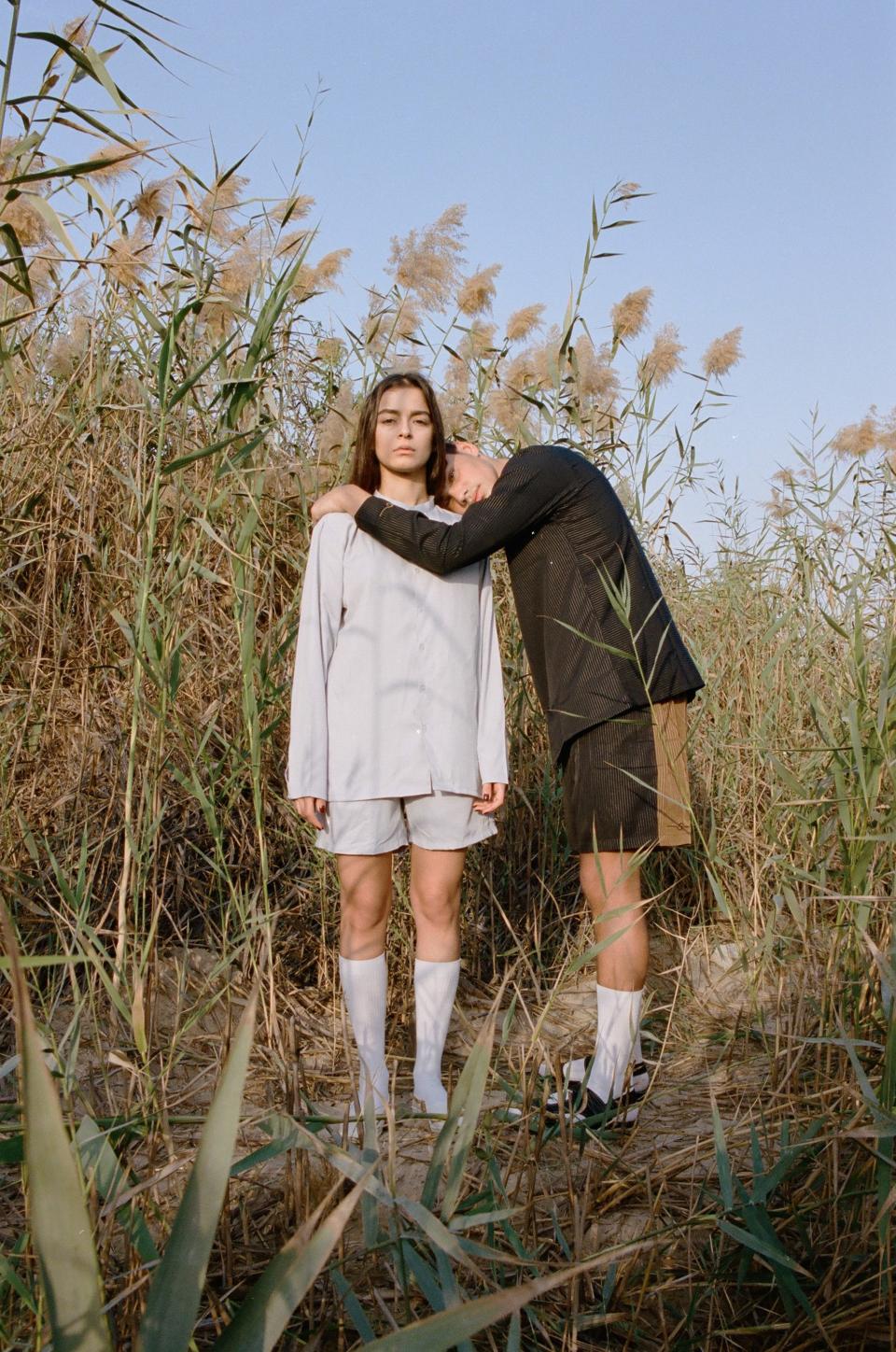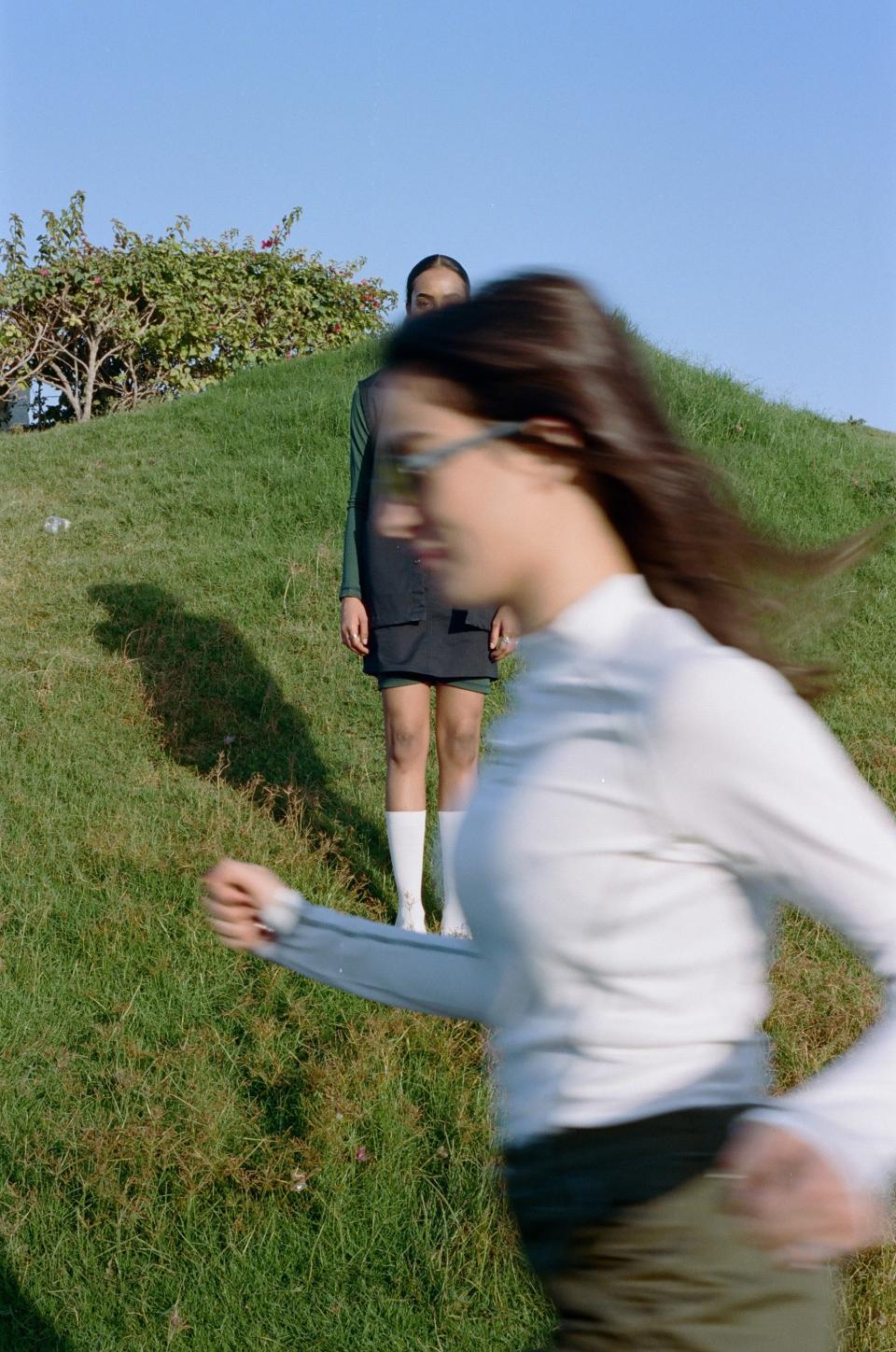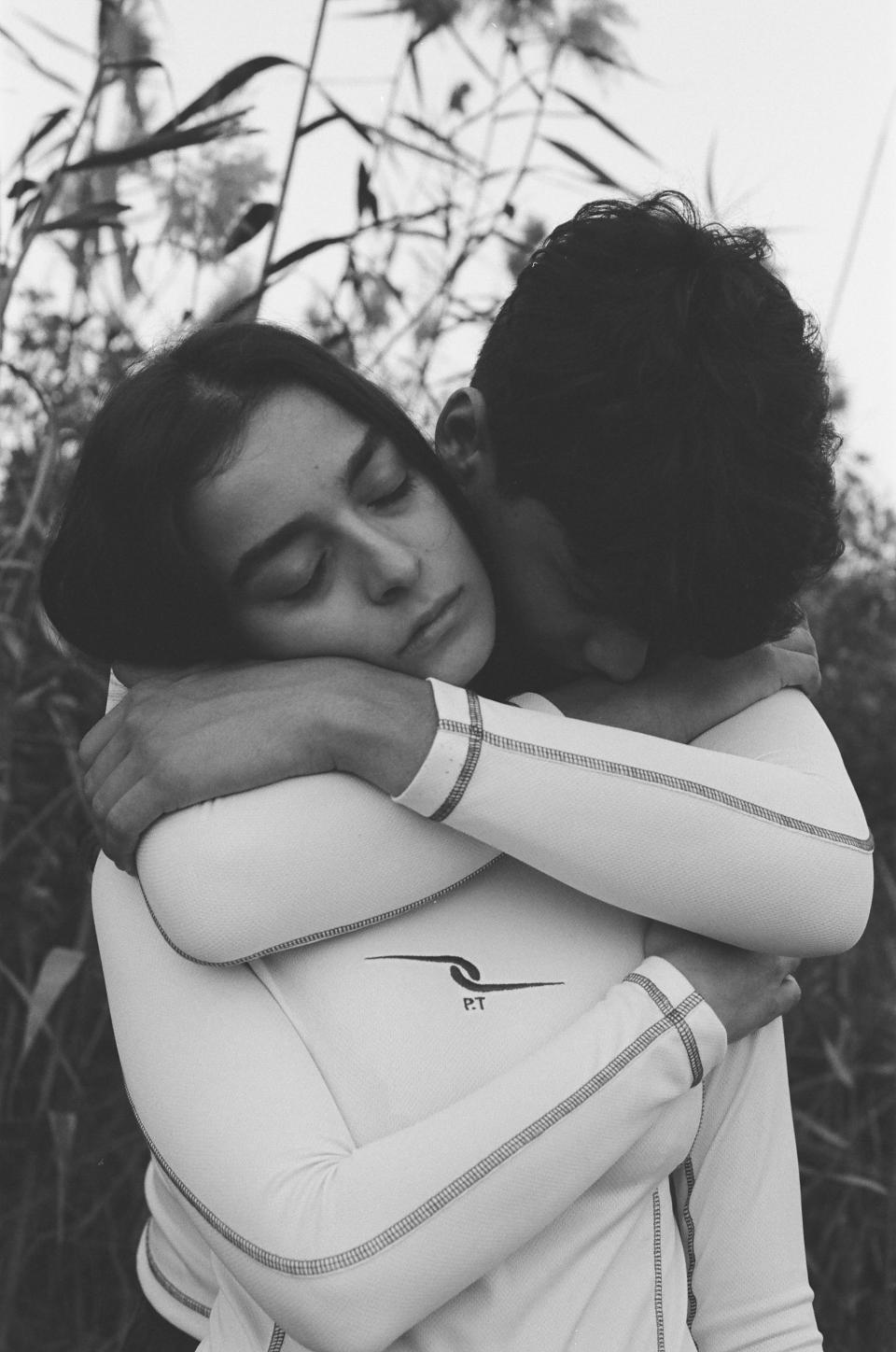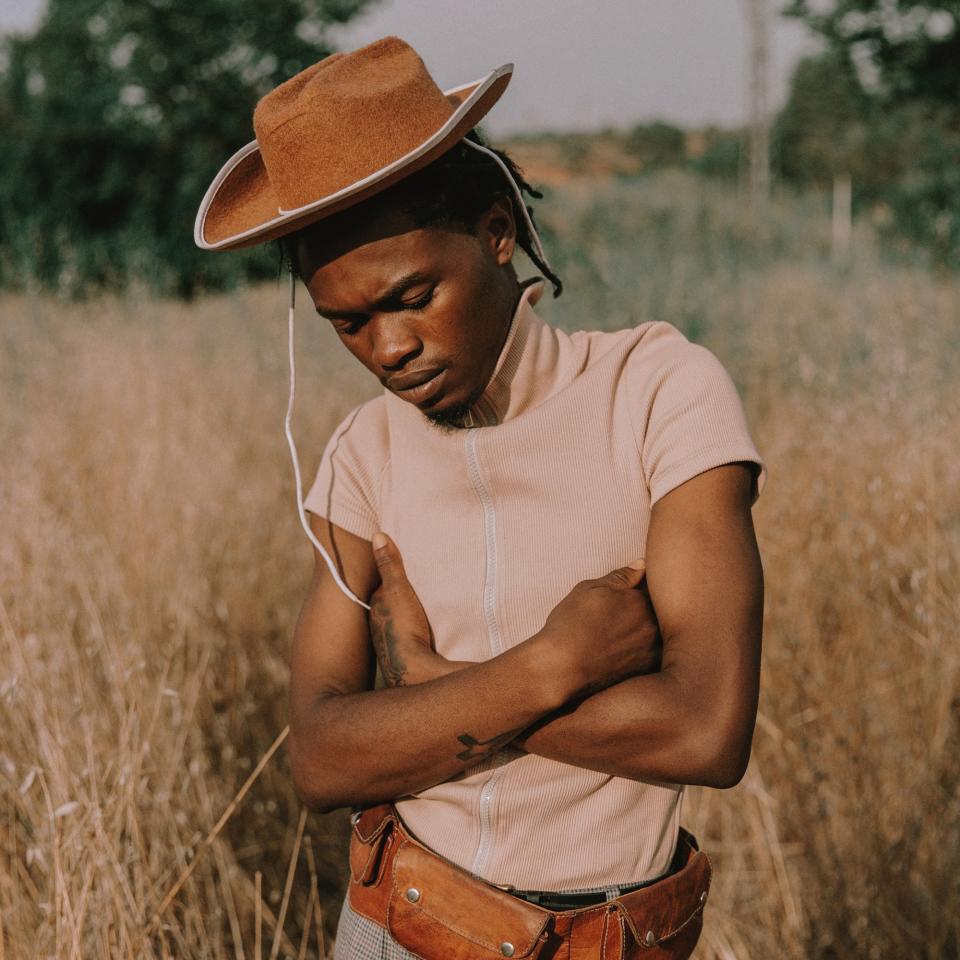These Designers Are Changing the Fashion Landscape in Dubai
Dubai has a lot of things that other major cities don’t, including man-made islands that form a map of the world, the tallest building on the planet, and a seven-star hotel. Dubai also has one of the largest concentrations of wealth of any major urban area, as is evidenced by the amount of money spent on real estate, cars, exotic animal pets, and, of course, fashion. There are as many luxury fashion stores in Dubai as there are Starbucks, and it’s no secret that the retail landscape there is one of the most profitable on the planet—according to Reuters, consumers in the United Arab Emirates spent $320 billion on luxury fashion in 2016 and that number is expected to grow to $490 billion by 2019.
Beyond all the Louis Vuitton x Supreme gear and Hermès Birkin bags, there is a new guard of young upstart designers who are quietly making names for themselves in a town known for its over-the-top excess. More than a desert playground for the rich, Dubai is also a land of opportunity for many local and immigrant fashion designers. Wekaforé Jibril and Wathek Allal are two of these wunderkinder. With vastly different approaches, these creatives are building their own labels and creating space for more underground brands to the surface on the shores of Dubai. As Jibril explains, “Dubai is a very interesting place. On the one hand, it is a difficult city for young designers because you get stuck between the painful pendulum of lack of support. On the other hand, it’s a neutral, free ground where you have no gatekeepers and you have all of the opportunities to create something new and original.”
Here, meet the founders of Wekafore and Precious Trust, two names you’ve likely never heard of, but should get to know.
Nigerian-born Wekaforé Jibril, who studied fashion design at INEDI in Spain’s Basque Country before dropping out to complete a degree in branding and advertising in Barcelona, launched his namesake label in 2013, eager to help his family through a tough financial time. “I released a couple of T-shirts mixed with lace, leather, and metallic zippers,” he explains. “Since then, it has evolved organically from an economic necessity to my most powerful channel of expression and propaganda.” Jibril’s clothing is inspired by, in his words, “the misrepresentation of Africans in our Western societies and my impatience for hip-hop and Americanization.” He adds, “My latest collection explored postindependence Nigerian Afro-funk, disco, and highlife subcultures through the unique perspective of my late grandmother Florence. It’s also about taking the divine intentions of precolonial traditions and religion in West Africa and comparing that to what happened after colonization.” Jibril’s work blends streetwear-inspired graphics with well tailored separates and the results have a soft and reflective quality about them.
Beyond his impressive skills as a designer, Jibril has a refreshingly honest attitude about why he’s making clothing and who he’s making clothing for. “I design for a small group of people with a curiosity for different cultures and perspectives,” he explains. “Not everyone gets it, not everyone is comfortable with my style of storytelling and that makes me proud—I don’t design for everyone.”
Wekafore
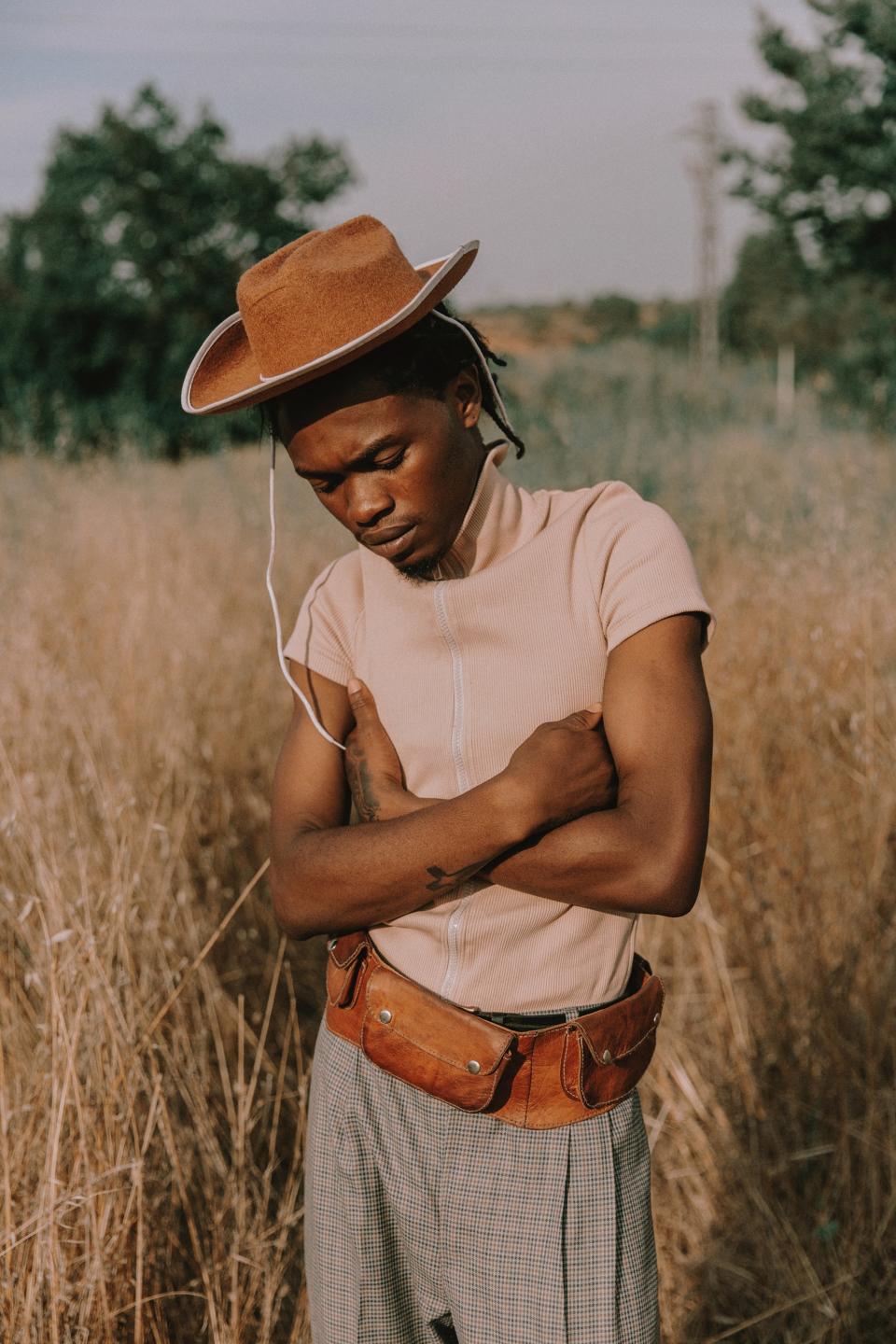
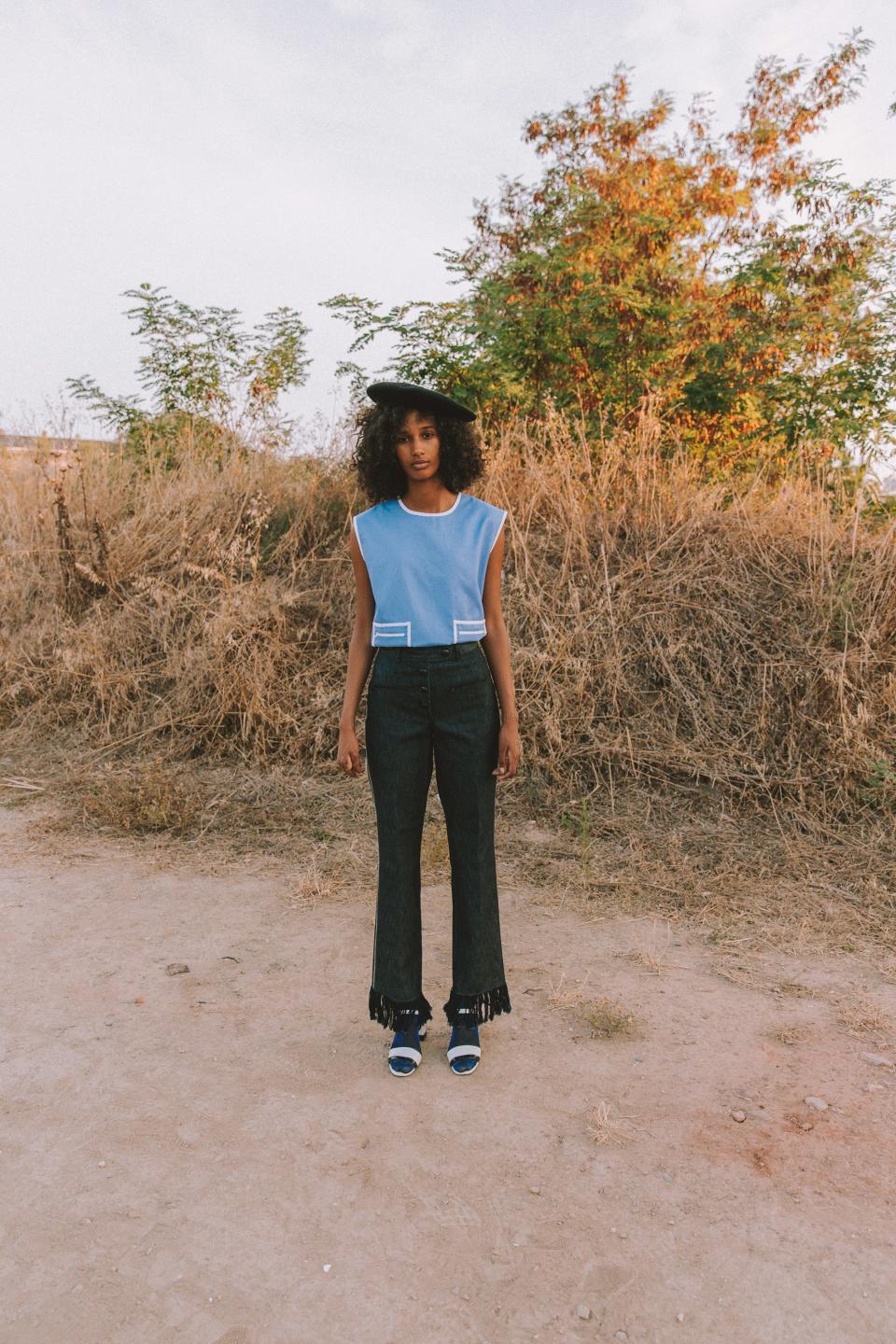
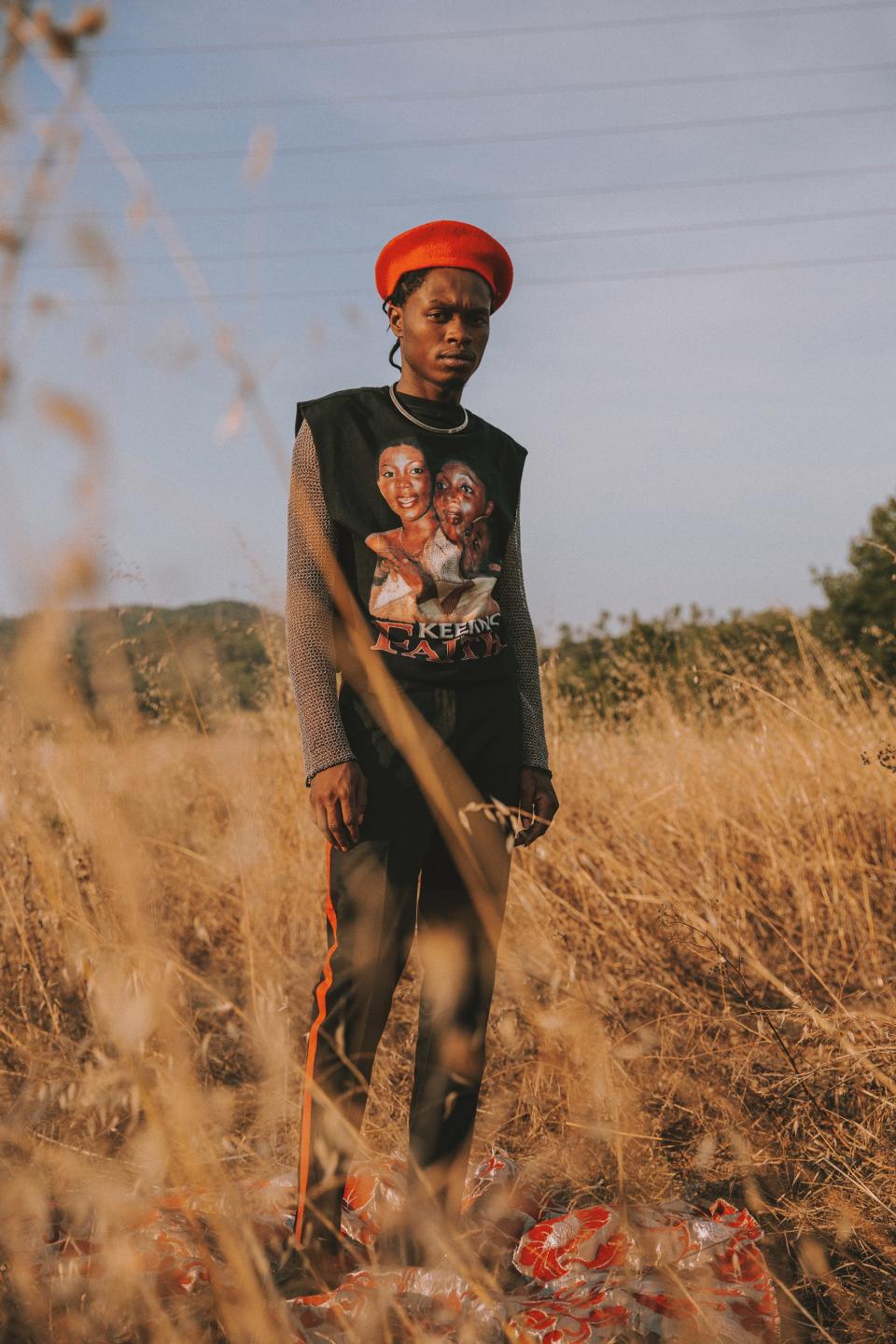
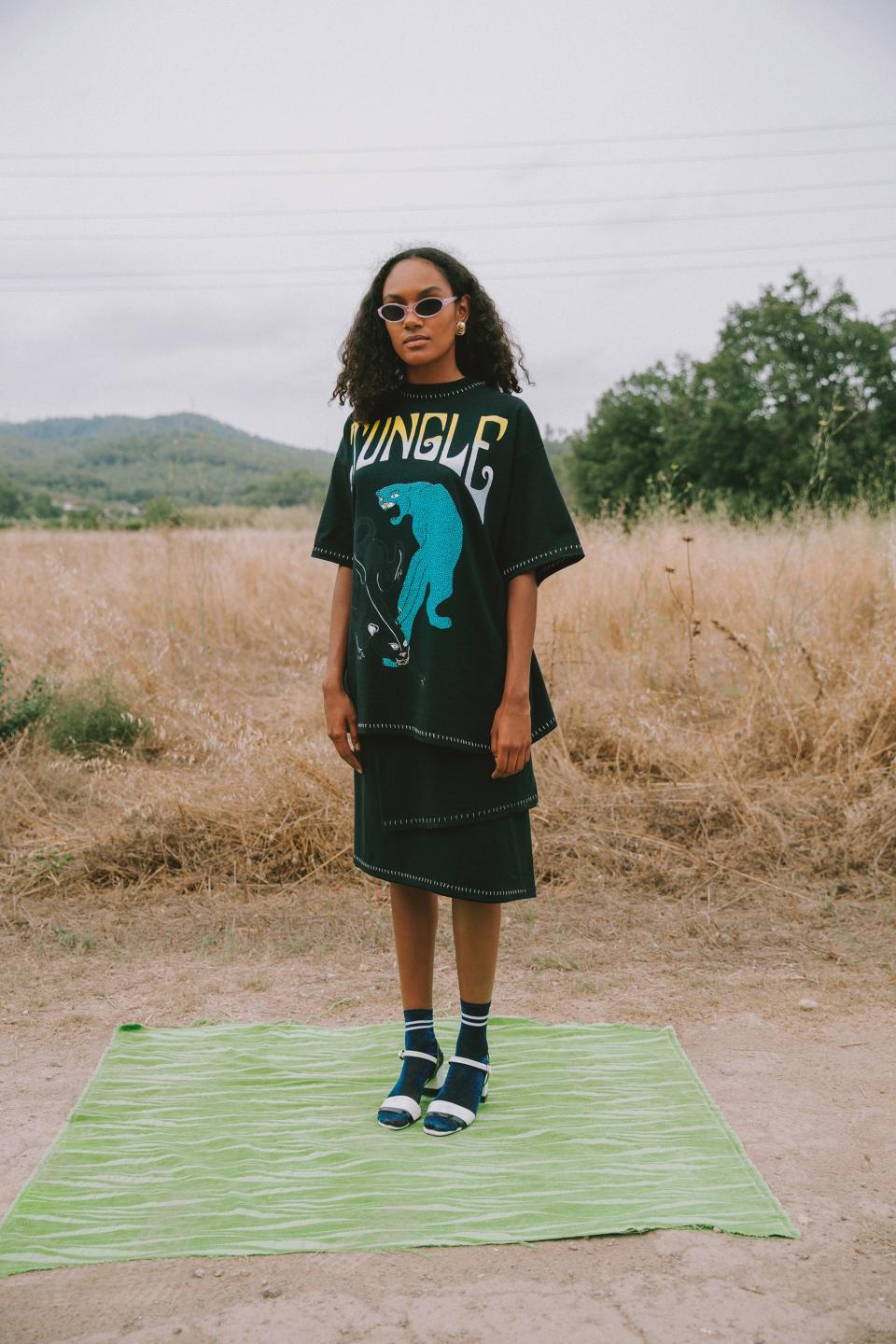
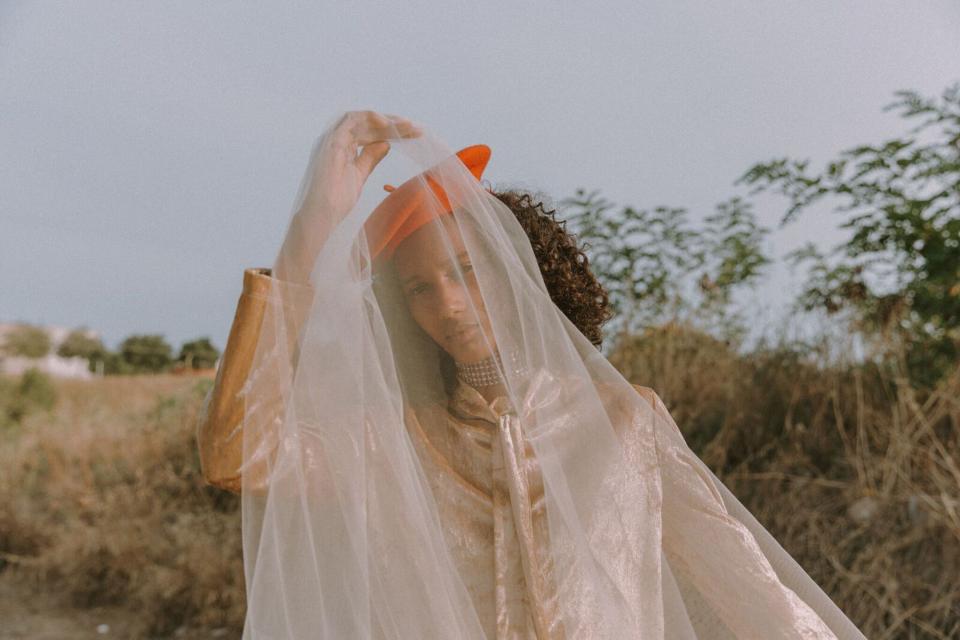
The self-taught 21-year-old Algerian designer Wathek Allal launched his label Precious Trust just a year ago. He and his family moved from Syria to Dubai shortly after the war began and ever since then, he’s been sketching clothes and experimenting with fashion. “I started by making myself a tracksuit and a lot of my friends really loved it,” he says. “I started to make them their own pieces and eventually, I realized I could turn it into a brand. My first collection sold out right away.” His idea was to mix Western sportswear with traditional Algerian garments and to incorporate the culture of skateboarding as it currently exists in the underground of the Middle East. Before launching Precious Trust, Allal was studying to become a pilot, but dropped out of school to focus on art direction and design full-time. Currently, he only sells through a couple of small concept boutiques in Dubai, but he is working on pop-up shops with partners in London, Paris, Japan, Kuwait, and Amman.
Unlike most streetwear brands, Precious Trust is minimalist-minded in terms of aesthetic, with earthy palettes and a simple, subtle logo. The clothes have a romantic quality, devoid of the sort of rebelliousness or irony that we’ve become accustomed to seeing in the streetwear category. Even the name has a softness to it: “Precious is meant to symbolize those whom I love and how I feel about anyone who is close to me,” Allal says. “Truth is the meaning of my name in English, and the two words together, Precious Trust, is the connection between both.”
Precious Trust
